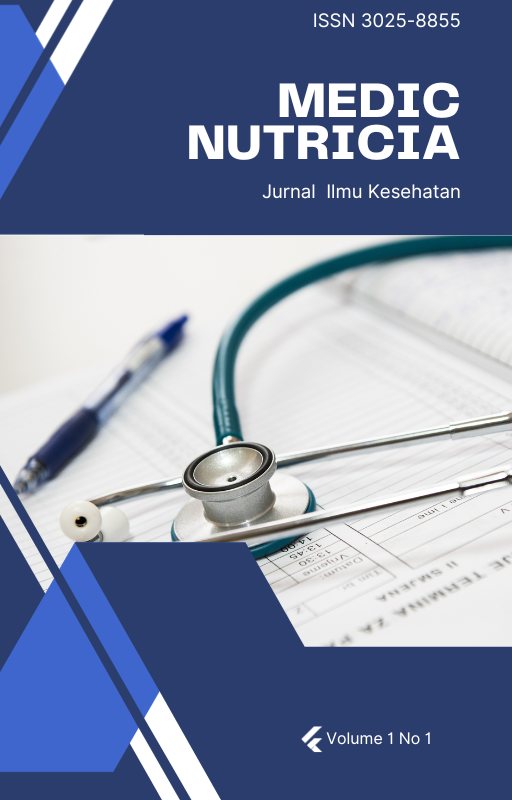BREASTFEEDING SELF EFFICACY (BSE) MEMENGARUHI PEMBERIAN ASI EKSKLUSIF DAN RISIKO STUNTING PADA BAYI USIA DI BAWAH 2 TAHUN
Main Article Content
Abstract
Breastfeeding self efficacy (BSE) referred to a mother’s confidence in her ability to breastfeed, playing a crucial role in the success of exclusive breastfeeding. Breast milk fulfills the nutritional needs of infants up to 24 months, supports optimal growth, and helps prevent stunting. One of the risk factors for stunting is the lack of optimal exclusive breastfeeding. This study aimed to examine the relationship between breastfeeding self-efficacy (BSE), exclusive breastfeeding, and the risk of stunting in infants under two years old in the working area of Bandarharjo Public Health Center, Semarang City. This study employed a quantitative approach with a cross-sectional design. A total of 134 mothers with infants under two years old were selected using purposive sampling technique with data collection using BSES-SF questionnaire and exclusive breastfeeding and analyzed using the Spearman rank test. The findings revealed a significant relationship between BSE, exclusive breastfeeding, and the risk of stunting, with a p-value of 0.000. The correlation coefficient of 0.863 indicates a very strong positive relationship between BSE and exclusive breastfeeding, while the 0.769 correlation value suggests a strong positive relationship between BSE and the risk of stunting. There was an association of breastfeeding self efficacy (BSE) with exclusive breastfeeding and the risk of stunting in infants under 2 years of age.
